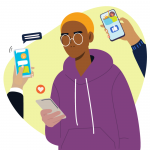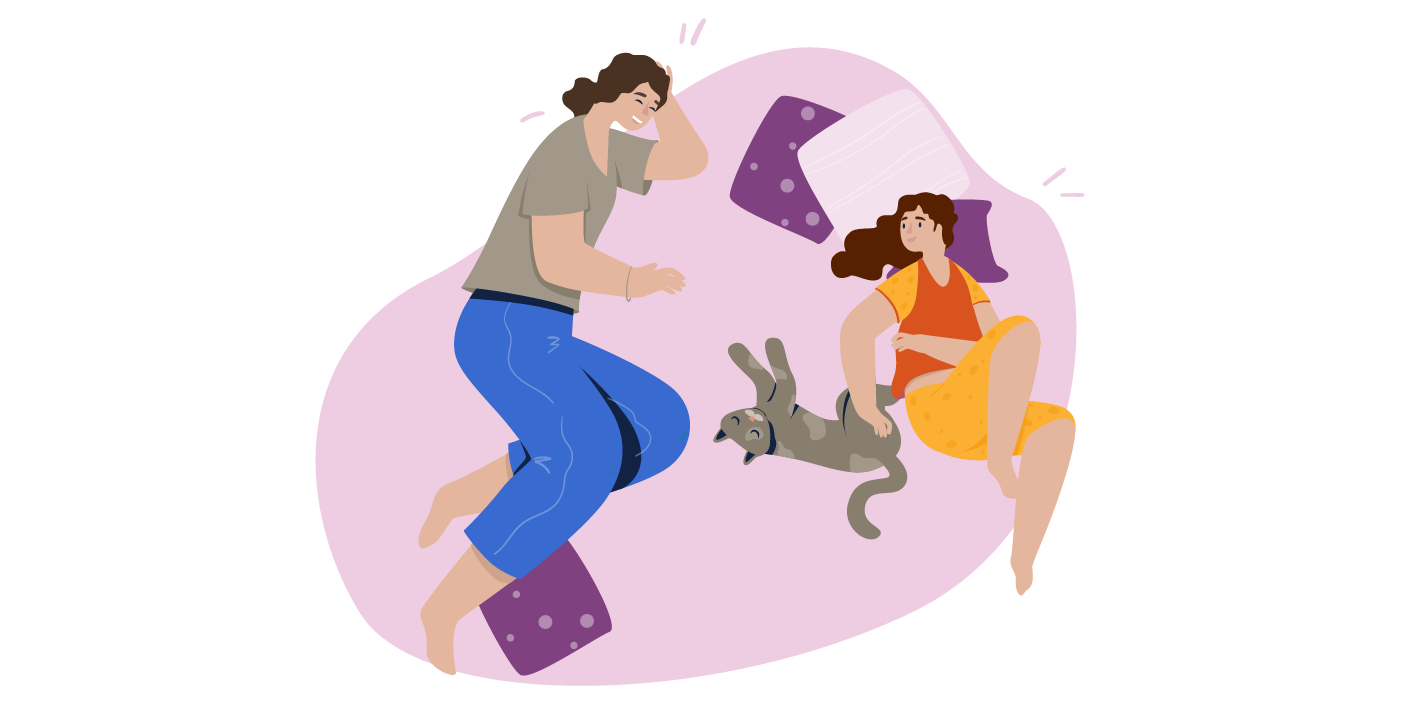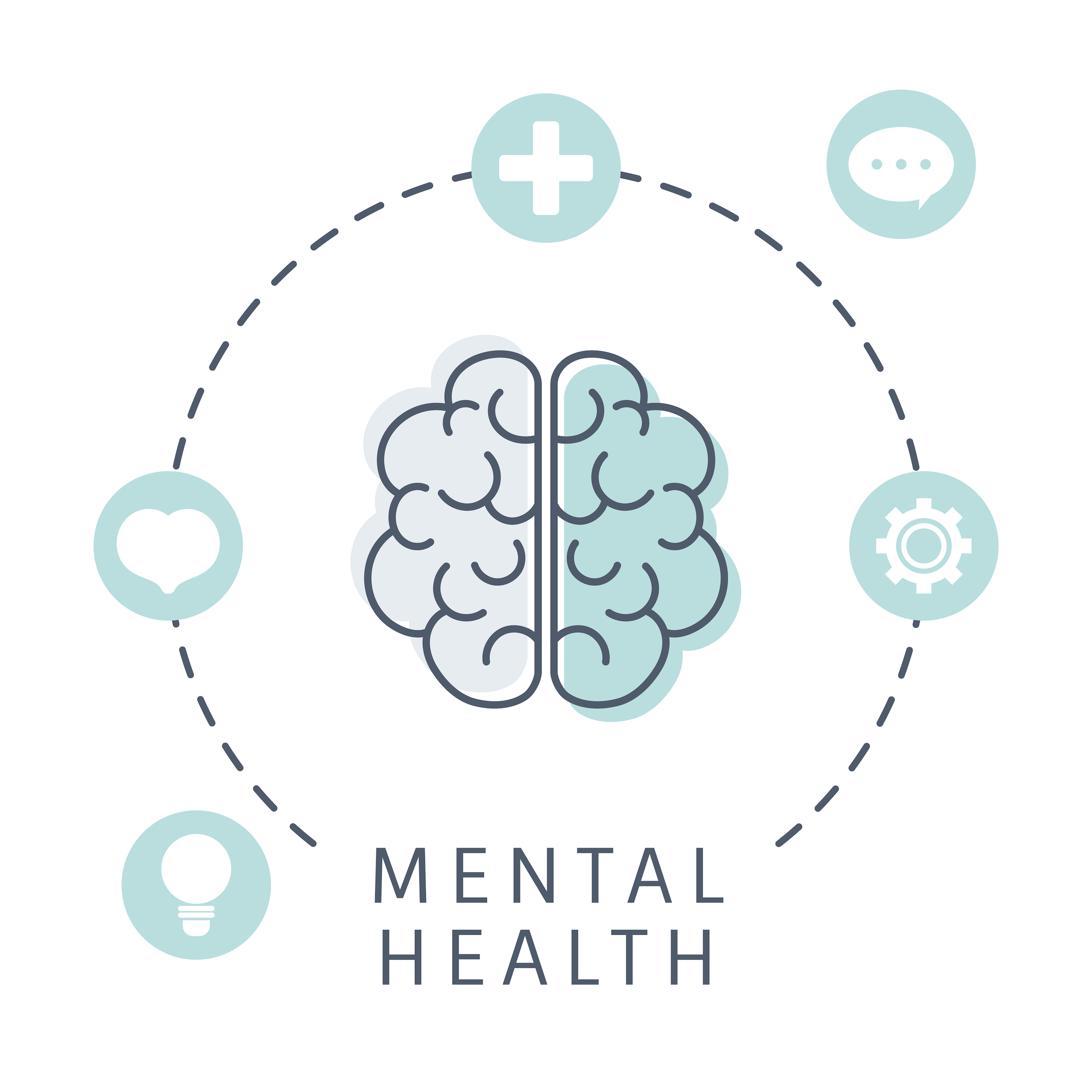How to Navigate the ‘Chaotic’ World of Mental Health Apps
 Amid the coronavirus pandemic, mobile mental health apps have experienced a “surge in growth,” responding to an increased need for support as many have been impacted by the psychological toll of 2020, said Adam Haim, chief of the National Institute of Mental Health’s Treatment and Preventive Intervention Research Branch.
Amid the coronavirus pandemic, mobile mental health apps have experienced a “surge in growth,” responding to an increased need for support as many have been impacted by the psychological toll of 2020, said Adam Haim, chief of the National Institute of Mental Health’s Treatment and Preventive Intervention Research Branch.
“The barriers to developing and selling or releasing mental health apps are very low, and currently the market is flooded,” Haim said. “It’s hard for consumers, and in some cases clinicians, to identify what’s evidence-based and might work versus what does not include an evidence base and may in some cases be harmful.”
Still, Haim and other experts said apps can be a helpful resource.
Apps should be viewed as a supplement to therapy, especially for people who have serious mental health disorders, said psychologist Charmain Jackman, founder of InnoPsych in Massachusetts. “They’re not designed to provide that level of care.”
Even those seeking help with more mild conditions could benefit from human support, said Stephen Schueller, an associate professor of psychological science and informatics at the University of California at Irvine.
Research has shown that when apps are used by themselves without human support, they tend to have “consistent but small effects,” Schueller said.
With so many apps to choose from, experts suggest getting guidance from a trusted resource, such as a health-care provider. Jackman said she works with her clients to find apps, noting, “I never recommend anything that I would not personally use myself.”
Factors to evaluate include credibility, supporting scientific evidence, privacy and ease of use, which can be a complex process for consumers to navigate on their own, Torous said. Typical measures such as star ratings and number of downloads “really just tell you what’s popular,” he added. “But that has no correlation to ‘Is it going to be helpful for you?’ So it’s certainly tricky for a consumer to make a decision.”
To help steer people toward appropriate apps, Torous and a team of researchers launched a searchable online database (apps.digitalpsych.org), which draws on an evaluation framework that has been endorsed by the American Psychiatric Association.
Another independent app evaluation website is One Mind PsyberGuide (onemindpsyberguide.org), Haim said. The website reviews apps based on criteria developed by experts and provides numerical ratings.
Take a hard look at the claims touted by mental health apps. “About 97 percent of these products have no evidence base behind them whatsoever,” Schueller said.
App descriptions should mention scientific support. Although studies of individual apps aren’t always sound, Torous said just seeing whether developers have attempted to back up offerings with science can be a good screening metric.
It’s important to know who is behind the development of an app, experts said. Is a reputable mental health organization involved? Was the app created with the help of well-established advisers? What are their credentials?
The U.S. Department of Veterans Affairs, for instance, has released a suite of free apps that experts say have thorough research support and were built by qualified people.
Excerpted from “How to Navigate the ‘Chaotic’ World of Mental Health Apps” in The Washington Post. Read the full article online for more details.
Source: The Washington Post | How to Navigate the ‘Chaotic’ World of Mental Health Apps, https://www.washingtonpost.com/lifestyle/wellness/app-anxiety-mental-health-covid/2020/12/24/6ab9eb14-40b8-11eb-8bc0-ae155bee4aff_story.html | © 2020 The Washington Post
A screening can help you determine if you or someone you care about should contact a mental health professional. CHC teletherapy services are available now. Call or email our Care Managers at 650.688.3625 or careteam@chconline.org to set up a free 30-minute consultation appointment.





